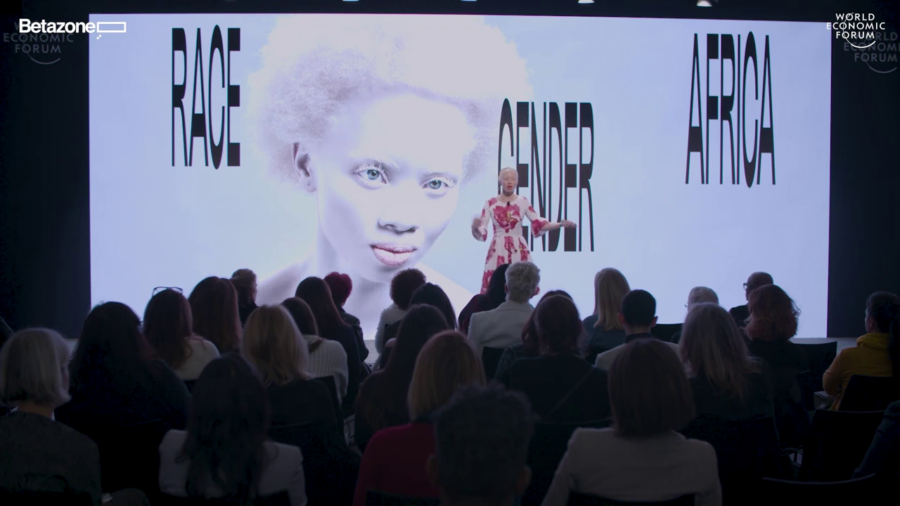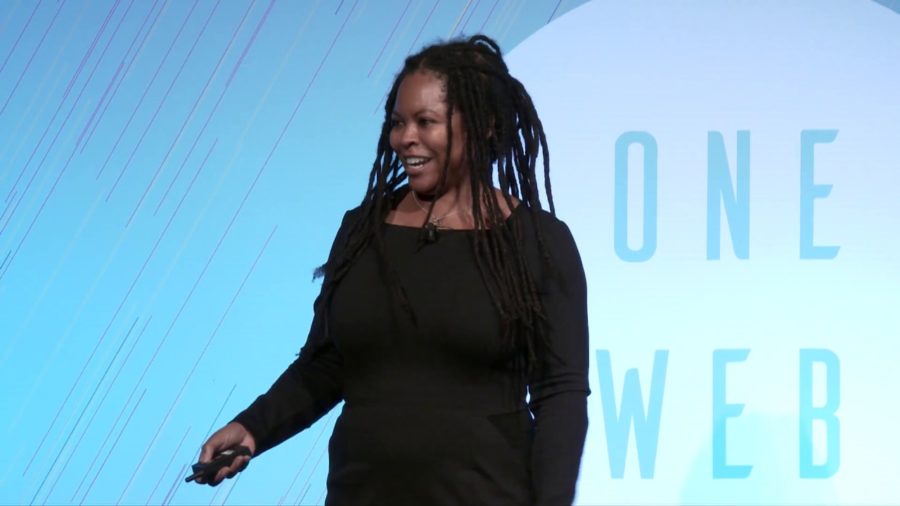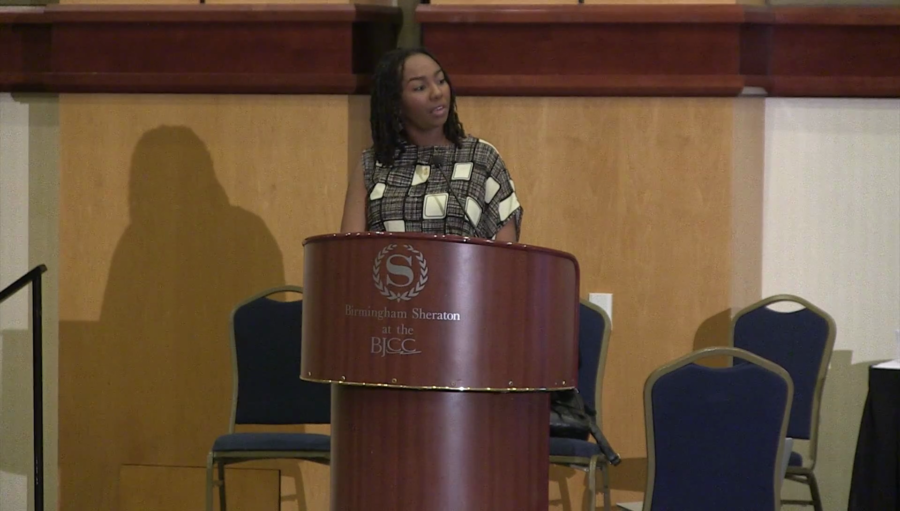Americans have always accepted a degree of inequality, inequality of outcomes. What seems to have changed in recent years, or at least in people’s perception of it, is…that there seems to be growing inequality of starting place.
Archive

As a black, African, woman, with albinism, my very existence attracts social and political consequences. And all of it is significant for me. It is my world between worlds. In the same way I could not just pick one doll, I cannot just pick one identity. An inclusive culture accepts that it is not this or that. It is this and that.

[The] question of what happens when blackness enters the frame can kind of neatly encapsulate the ways I’ve been thinking and trying to talk about surveillance for the last few years.
In the real world we can creatively represent ourselves in dynamic ways. So, we can vary our gesture, our discourse, our posture, our fashion, life stories, the way we tell our stories. And all of this is with an astounding sensitivity to social context. Computer technologies like computer games, social networking, and virtual worlds are much more primitive than what we do in the real world.

It’s paramount that our society recognize the role of anti-black structural racism in the US. And that our 21st century multiracial social movements uplift and centralize the issues of those community members who are impacted and are living at the margins. We know that if we do, we’ll get closer to real justice for all of us. Moreover, it’s been widely documented that the gains made by and with the black community have always led to better standards of living for all of us.
We don’t have a concept of balance. Not only do we not have a concept of balance, but we have a very distorted sense of social justice that has been reframed to justify a society that is fundamentally anchored around the concept of imbalance. The resources of the world cluster toward a handful of very very powerful countries, one country having an even greater share. In order to justify this greater share, it’s made them believe that this higher concentration of power is normal, and that anybody in all countries can have it, and that all countries should aspire for it.

